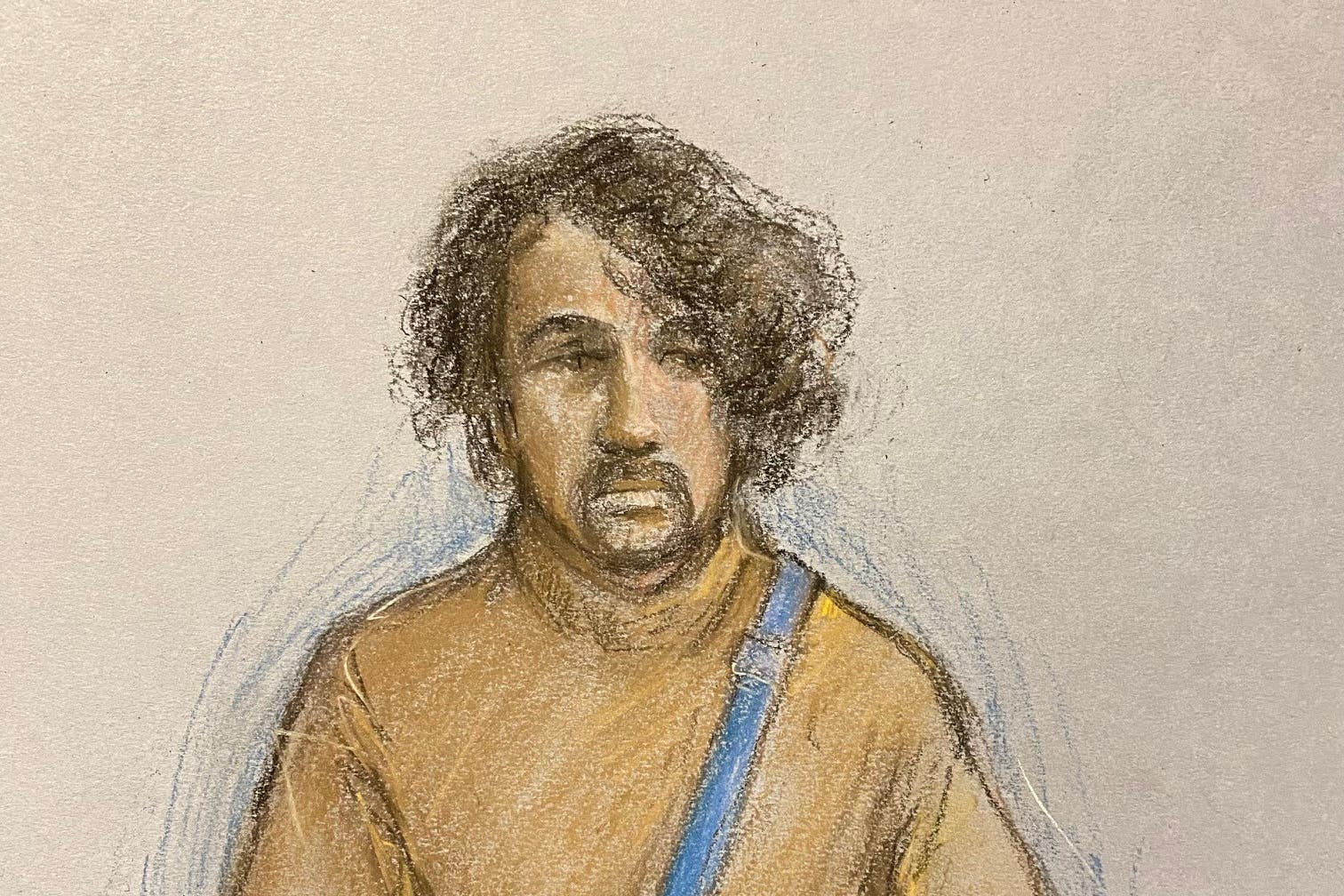Custody sergeant murder accused begins giving evidence in modified way
Louis De Zoysa is accused of shooting dead Metropolitan Police custody sergeant Matt Ratana.

A man accused of murdering a Metropolitan Police custody sergeant has begun giving evidence in a modified way because of communication difficulties after he suffered brain damage due to a gunshot wound.
Louis De Zoysa, 25, is accused of shooting dead Sergeant Matt Ratana, 54, at a custody block in Croydon, south London, on September 25 2020 while he was handcuffed.
The prosecution alleges De Zoysa, who denies murder, “pulled the trigger on purpose four times” while he was handcuffed in a holding room at the custody centre, the first and second shots hitting Sgt Ratana, the third hitting the wall during a struggle with officers, and a fourth hitting De Zoysa himself.
Mr Justice Johnson told the jury: “The arrangements for the defendant to give evidence depart from what would ordinarily happen.”
The judge said De Zoysa will take a different oath, will be asked simple questions and the prosecution “will not fully put their case” to him because of his “condition”.
De Zoysa sat in a wheelchair in the well of the court with a small whiteboard and marker on the desk in front of him to give evidence during his trial at Northampton Crown Court.
He promised to tell the truth in a modified oath, confirmed his name verbally and confirmed his date of birth and age using the whiteboard.
He had been arrested on London Road, Norbury, south London, during the early hours of September 25 2020, after a stop and search by officers found he had cannabis and seven rounds of ammunition.
Officers did not know De Zoysa, of Banstead, Surrey, had a gun until it was used to shoot Sgt Ratana.
Jurors have been told they will have to consider whether De Zoysa deliberately fired the revolver and the question of diminished responsibility.
Imran Khan KC, defending, previously told the jury that the defendant was suffering an autistic meltdown at the time of the shooting.
The trial continues.
